If a business generates more than $25 million in average annual gross receipts for the preceding three years, however, it must use the accrual method, according to Internal Revenue Service rules. This is because switching between methods would potentially allow a company to manipulate revenue to minimize their tax burdens. Companies may use a hybrid of the two methods, which is allowable under IRS rules if specified requirements are met. Finally, if you have any physical records, go through them and organize them. They may help you find any missing information from all of your electronic transactions. Take a look at this bookkeeping cleanup checklist to get all your financial ducks in a row.
- We’ve analyzed the best bookkeeping services to help you find the right solution quickly and easily.
- Under cash accounting rules, the company would incur many expenses but would not recognize revenue until cash was received from the customer.
- This usually happens to businesses experiencing rapid growth, as all of the focus is placed on operations and customer service while accounting and compliance tasks are put off.
- Bookkeeping can become one of these ignored tasks, especially because it can be tedious and time-consuming.
Your bookkeeper reconciles your accounts, categorizes your transactions, and produces your financial statements. They also make adjustments to your books to ensure they’re accurate and tax-compliant. Occasionally your bookkeeper might need your input on things like categorizing a transaction properly, but we try our best to make bookkeeping as hands-off as possible for you.
Shopify Fees Breakdown: Essential Insights for Ecommerce Business Planning
Catch-up bookkeeping is essential for business owners to update company accounting records, rectify inaccurate financial statements, manage overdue bookkeeping, and ensure better financial control. Catch up bookkeeping is all about giving attention to neglected tasks and righting accounting wrongs. This process will involve the catch-up bookkeeper or team looking through old company accounting records and working their way to the present.

The $100,000 loan provided Finocchiaro and Lancaster with a financial cushion. They both worked “insane hours, usually seven days a week” to turn their cart into The Nitro Bar, says Finocchiaro. They built the wooden cart with bicycle tires and a kickstand in her parents’ basement in 2016, maxing out her credit card’s $1,500 limit to afford materials, and called it The Nitro Cart.
Trial Balance
It’s hard to say which part of this process is the most difficult, but depending on the type of business you have, rounding up all your past financial records may be the most time-consuming. You are looking to gather all of your bank statements, receipts, invoice, catch up accounting and other related financial information. Review your vendor accounts to ensure that you have paid them all in full. Make sure you have a copy of every bill from each vendor activity and, if you don’t, contact the vendor right away and ask them to send you a copy.
The informal phrase “closing the books” describes an accountant’s finalization and approval of the bookkeeping data covering a particular accounting period. When an accountant “closes the books,” they endorse the relevant financial records. These records may then be used in official financial reports such as balance sheets and income statements. When you work with Ignite Spot Accounting, you’ll get bookkeepers certified in a variety of popular programs, such as QuickBooks and TSheets.


